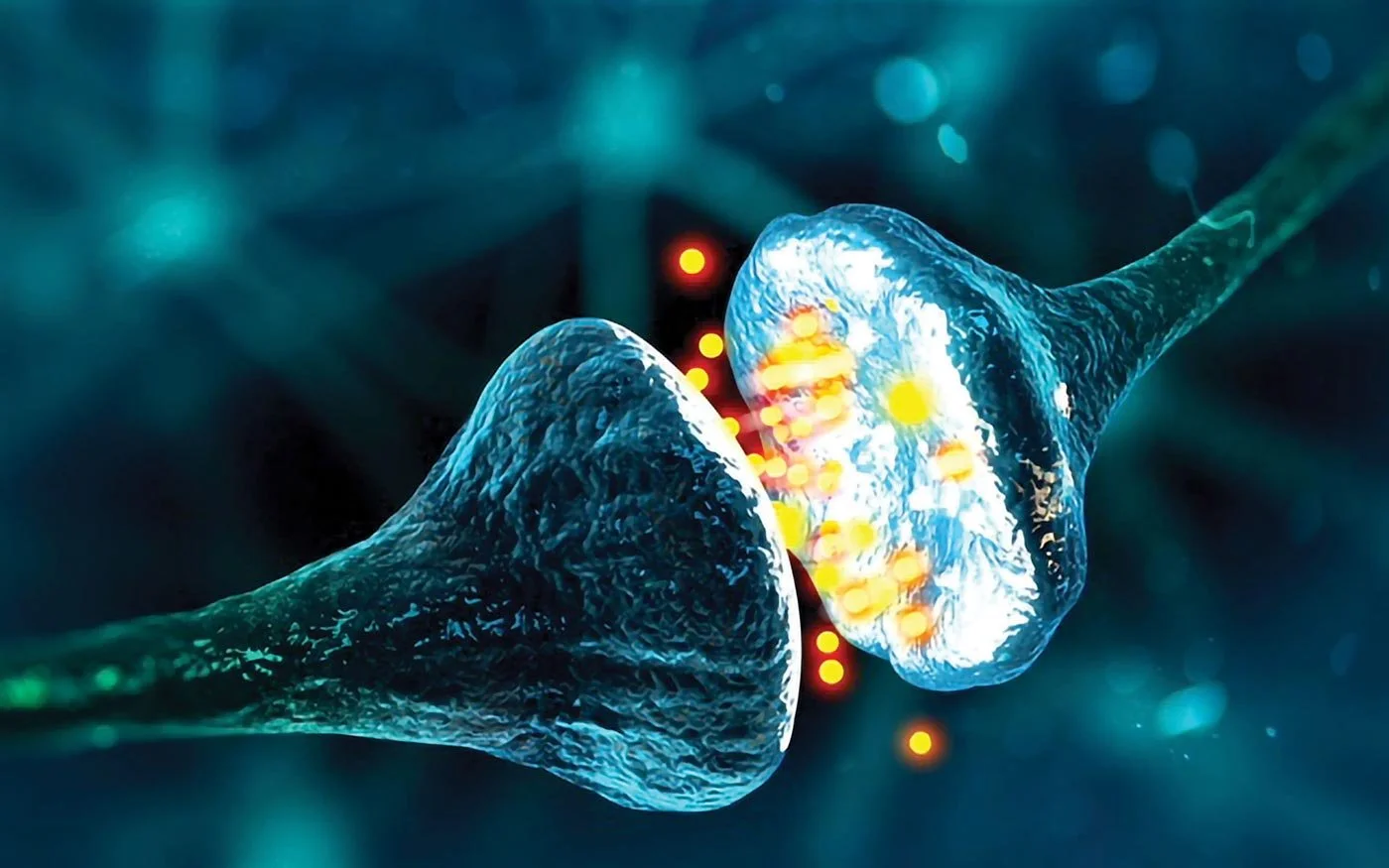Understanding Neurotransmitters: The Brain's Chemical Messengers
Neurotransmitters are essential chemical messengers in the brain that enable communication between neurons, influencing everything from mood and cognition to physical functions. Here’s a closer look at some of the key neurotransmitters and their roles:
1. Dopamine
Dopamine is often called the "feel-good" neurotransmitter. It’s crucial for reward and pleasure sensations, motivation, and motor control. Imbalances in dopamine levels are linked to conditions such as Parkinson's disease and schizophrenia.
Key Functions: Reward, motivation, motor control.
Associated Disorders: Parkinson's disease, schizophrenia.
2. Serotonin
Serotonin is vital for regulating mood, sleep, appetite, and digestion. It’s often targeted by antidepressants to help alleviate symptoms of depression and anxiety by increasing serotonin levels in the brain.
Key Functions: Mood regulation, sleep, appetite, digestion.
Associated Disorders: Depression, anxiety.
3. Norepinephrine
Norepinephrine plays a role in the body's fight-or-flight response. It increases alertness, attention, and energy levels. This neurotransmitter also contributes to mood regulation and is often involved in the body's stress response.
Key Functions: Alertness, arousal, stress response.
Associated Disorders: Anxiety, depression.
4. GABA (Gamma-Aminobutyric Acid)
GABA is the main inhibitory neurotransmitter in the brain, helping to calm neuronal activity. It plays a significant role in reducing anxiety and promoting relaxation. Many anti-anxiety medications work by enhancing GABA activity.
Key Functions: Inhibition of neural activity, relaxation, anxiety reduction.
Associated Disorders: Anxiety disorders, epilepsy.
5. Glutamate
Glutamate is the primary excitatory neurotransmitter, critical for cognitive functions like learning and memory. However, excessive glutamate activity can lead to excitotoxicity, which is associated with neurodegenerative diseases.
Key Functions: Learning, memory, neural activation.
Associated Disorders: Alzheimer's disease, ALS (Amyotrophic Lateral Sclerosis).
6. Acetylcholine
Acetylcholine is involved in muscle activation, attention, learning, and memory. It plays a critical role in both the central and peripheral nervous systems and is crucial for cognitive functions.
Key Functions: Muscle movement, learning, memory, attention.
Associated Disorders: Alzheimer's disease, myasthenia gravis.
7. Endorphins
Endorphins are the body's natural painkillers, released in response to stress or pain. They also contribute to feelings of euphoria, commonly known as a "runner's high."
Key Functions: Pain relief, pleasure, stress response.
Associated Disorders: Chronic pain conditions, depression.
8. Oxytocin
Oxytocin, often referred to as the "love hormone," is important for social bonding, sexual reproduction, and behaviors associated with relationships. It also plays a role during childbirth and breastfeeding.
Key Functions: Social bonding, emotional connection, childbirth.
Associated Disorders: Social anxiety, attachment disorders.
9. Histamine
Histamine is commonly associated with immune responses, but it also acts as a neurotransmitter involved in regulating sleep-wake cycles, alertness, and appetite.
Key Functions: Immune response, alertness, sleep-wake regulation.
Associated Disorders: Allergies, sleep disorders.
10. Epinephrine (Adrenaline)
Epinephrine, also known as adrenaline, is a key player in the fight-or-flight response. It prepares the body for quick action in stressful situations by increasing heart rate and blood flow.
Key Functions: Fight-or-flight response, increased heart rate, energy boost.
Associated Disorders: Anxiety, hypertension.
11. Anandamide
Anandamide is part of the endocannabinoid system and is sometimes referred to as the "bliss molecule." It is involved in mood regulation, memory, and appetite.
Key Functions: Mood, memory, appetite.
Associated Disorders: Anxiety, mood disorders.
Conclusion
Neurotransmitters are fundamental to how our brains function, influencing everything from our mood to our ability to learn and remember. An imbalance in these chemical messengers can lead to a variety of mental health disorders, highlighting the importance of maintaining a healthy brain. Understanding these neurotransmitters can provide insights into how we can better manage our mental health through lifestyle choices, medications, and therapy.


